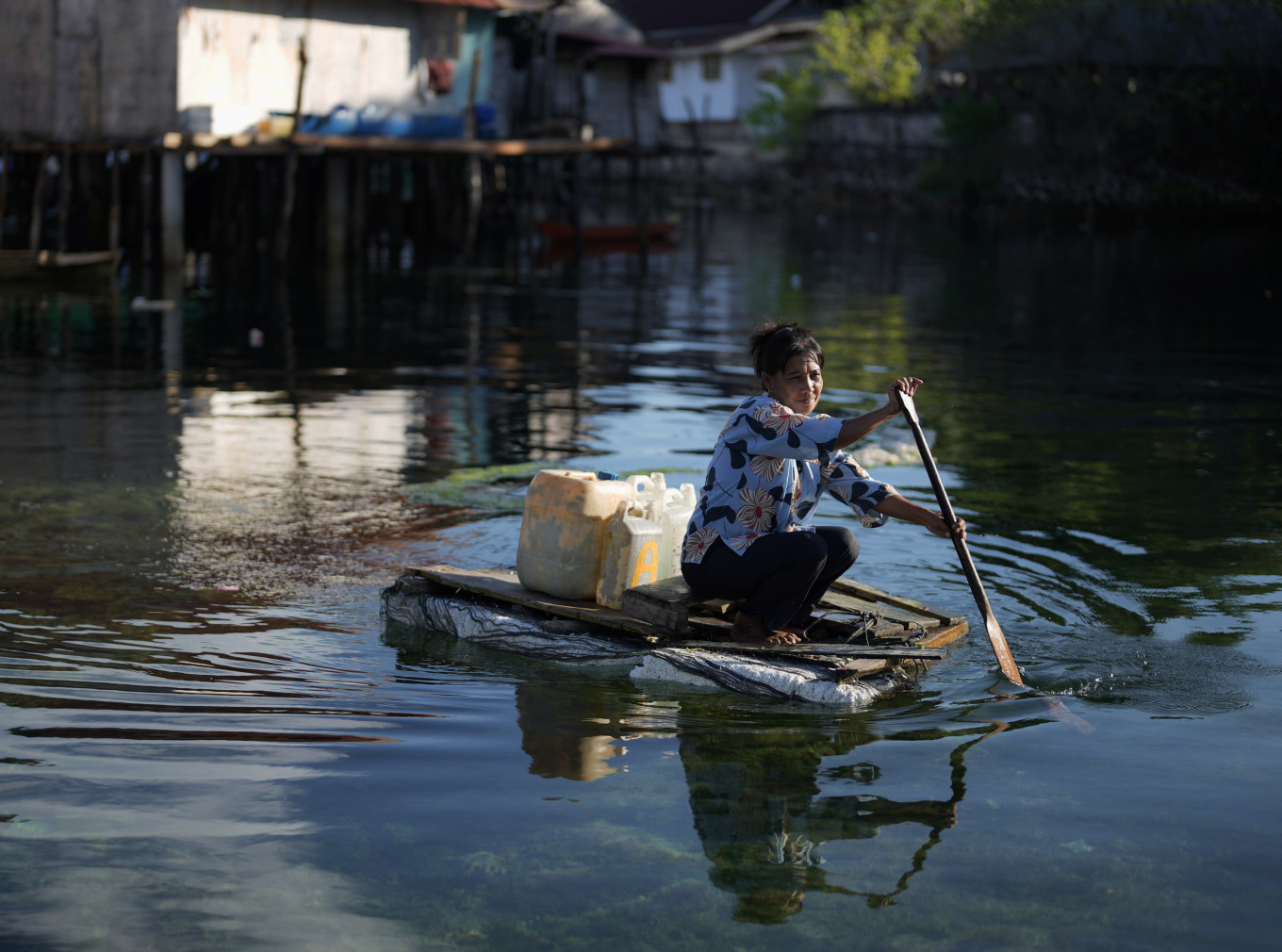Popular Reads
Top Results
Can't find what you're looking for?
View all search resultsPopular Reads
Top Results
Can't find what you're looking for?
View all search resultsPoverty paradox: Villages hold the key to future prosperity
While cities enjoy an accelerated digital economic transformation, villages lag behind in a slower growth cycle.
Change text size
Gift Premium Articles
to Anyone
A
s Indonesia entered the year buoyed by strong economic optimism, a poverty paradox continues to shadow national development. Statistics Indonesia (BPS) has reported a decline in the national poverty rate to just 8.47 percent, the lowest in the republic’s history. Yet nearly 24 million still live below the poverty line, and the majority of them reside in rural areas.
This fact underlines a basic truth: Indonesia’s future prosperity will be determined in large part by the fate of its villages.
Poverty has indeed fallen at the national level, but its distribution reveals stubborn inequality. As of March, the rural poverty rate stood at 11.03 percent, well above urban areas, which are already below 7 percent.
In other words, while cities enjoy an accelerated digital economic transformation, villages lag behind in a slower growth cycle. Even more troubling, 2.38 million people remain in extreme poverty, an irony amid expanding infrastructure and national economic innovation.
At the heart of the problem is rural communities’ limited ability to expand their life capabilities. As Amartya Sen emphasized, poverty should be understood as capability deprivation, not merely a lack of income. Indonesian villages often possess abundant natural resources, strong social networks and significant local economic potential, but they frequently lack institutional structures and adaptive capacities to harness these assets sustainably.
Over the past two decades, villages have experimented with microeconomic models through Village-Owned Enterprises (BUMDes). By 2021, 51,134 villages had established BUMDes, and about 1,852 of these had productively exploited business opportunities. This phenomenon signals a shift in the role of villages, from passive recipients of policy to sovereign local economic actors.
However, these achievements face real challenges. Recent data show 2,188 BUMDes in a “dormant” state due to weak managerial capacity, limited business innovation and insufficient technical support.



















